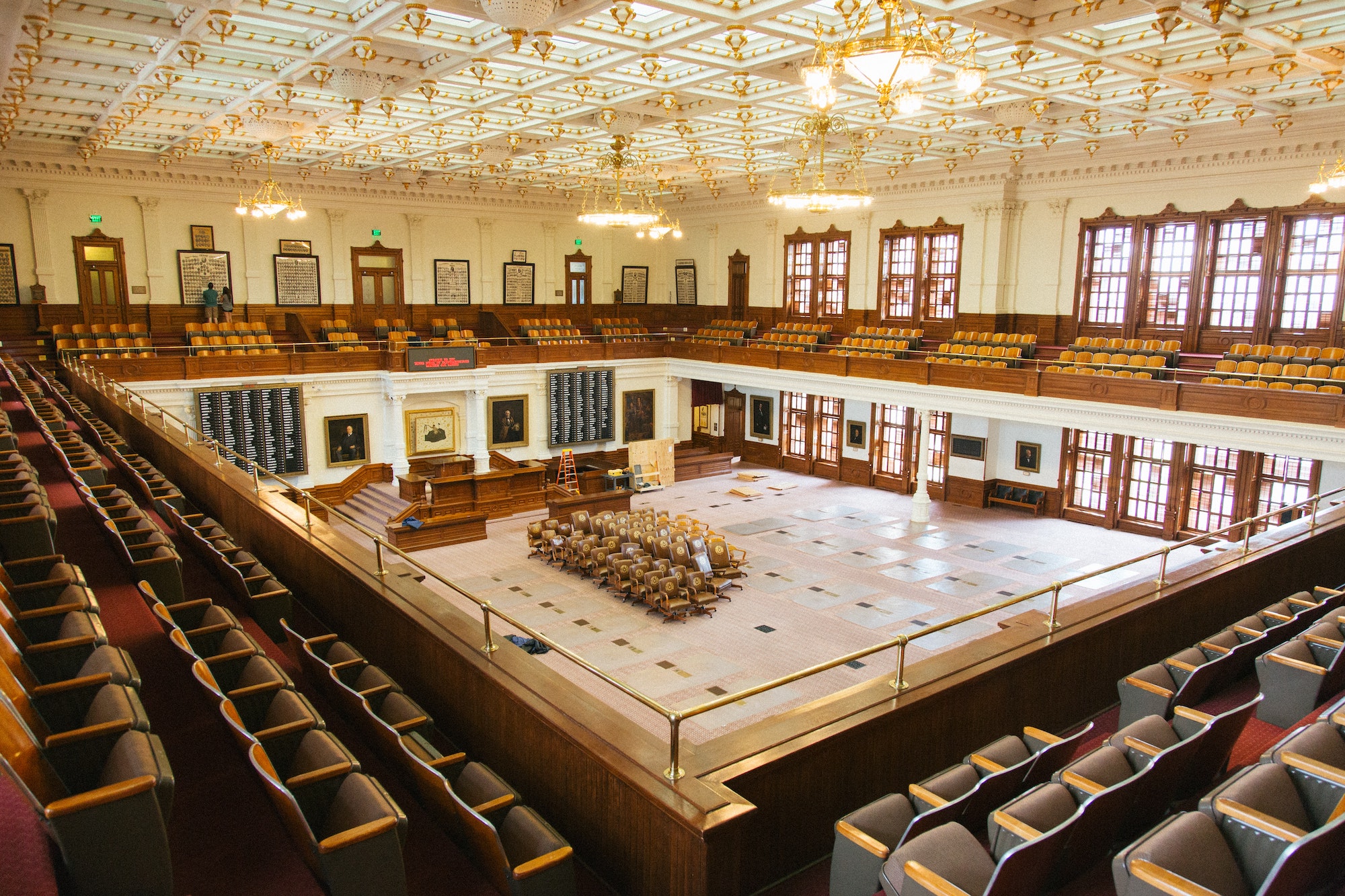
Students at the University of Florida who want to know how they are being protected from the COVID-19 pandemic can’t find out.
The university is hiding its emergency response plan under a legal loophole intended to keep terrorists and enemy combatants — not viruses — from exploiting government weaknesses.
As the spread of coronavirus has accelerated in recent weeks, local, state and federal officials throughout the United States have locked down information from the public. Examples include:
And this is just in the United States. The Philippines threatens journalists with prison time for spreading false news about the virus, and the Committee to Protect Journalists is tracking the arrests of reporters over coronavirus coverage in Venezuela, Niger, India, and elsewhere.
Ironically, most of these information crackdowns started in mid-March, during national Sunshine Week — a time when news organizations and others promote citizens’ rights to access government information.
Some agencies are making the case that responding to records requests is not an essential need or function. Research suggests that access to government information is indeed essential for our health and well-being. Studies have shown that making government information open leads to cleaner drinking water, safer restaurant food, less corruption, and more confidence in government.
James Hamilton, the Stanford economist, has found that for every $1 spent by news organizations on public records-based investigative reporting, the public derives $287 in benefits. The free flow of information makes for a better society and a better economy. It’s a smart return on investment.
Indeed, businesses use public information more than anyone else — studies have shown that, at some federal agencies, three-quarters of Freedom of Information Act requests are submitted by commercial interests. Maintaining a free flow of information actually greases the nation’s economic machine — which could be more important than ever given its state today.
The recent information closures are reminiscent of actions immediately following the terrorist attacks of Sept. 11, 2001, when governments closed off massive amounts of information, including records that showed the dilapidated conditions of American bridges and dams.
Rather than limiting public information, however, agencies can use this crisis as an opportunity to take governance to the next level — making government even more accessible to the public it serves.
More than 130 nonprofits, from across a broad spectrum of industries and political persuasions, issued a statement March 20 that urged a measured response that serves the public interest. “We strongly urge government branches and agencies to recommit to, and
not retrench from, their duty to include the public in the policy-making process, including policies relating to COVID-19 as well as the routine ongoing functions of governance,” the organizations wrote.
The National Freedom of Information Coalition, a nonprofit that provides education and research for citizens in acquiring government information, organized the statement. I serve as the coalition’s president, have testified before Congress several times regarding the Freedom of Information Act, teach classes on accessing information, and publish research on the state of access in the United States.
Some of the recommendations include:
Efforts to make government more accessible now can result in permanent improvements in the future, to better serve citizens who are home-bound or too busy with work and child-rearing to attend a local government meeting. Sometimes it takes a crisis to pull together and move forward, as citizens and government working together, fully engaged and well informed.
David Cuillier is an associate professor of journalism at the University of Arizona and president of the National Freedom of Information Coalition. This article is republished from The Conversation under a Creative Commons license.![]()